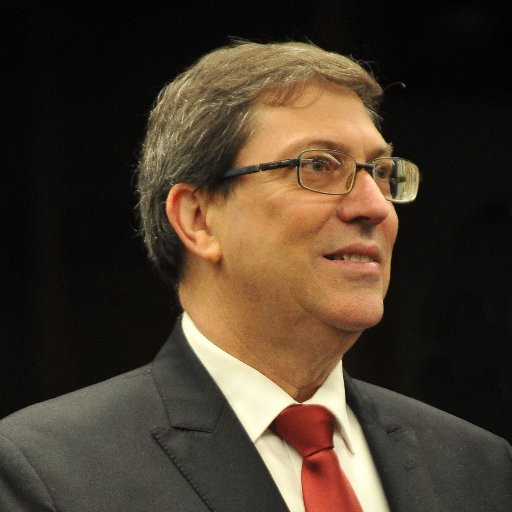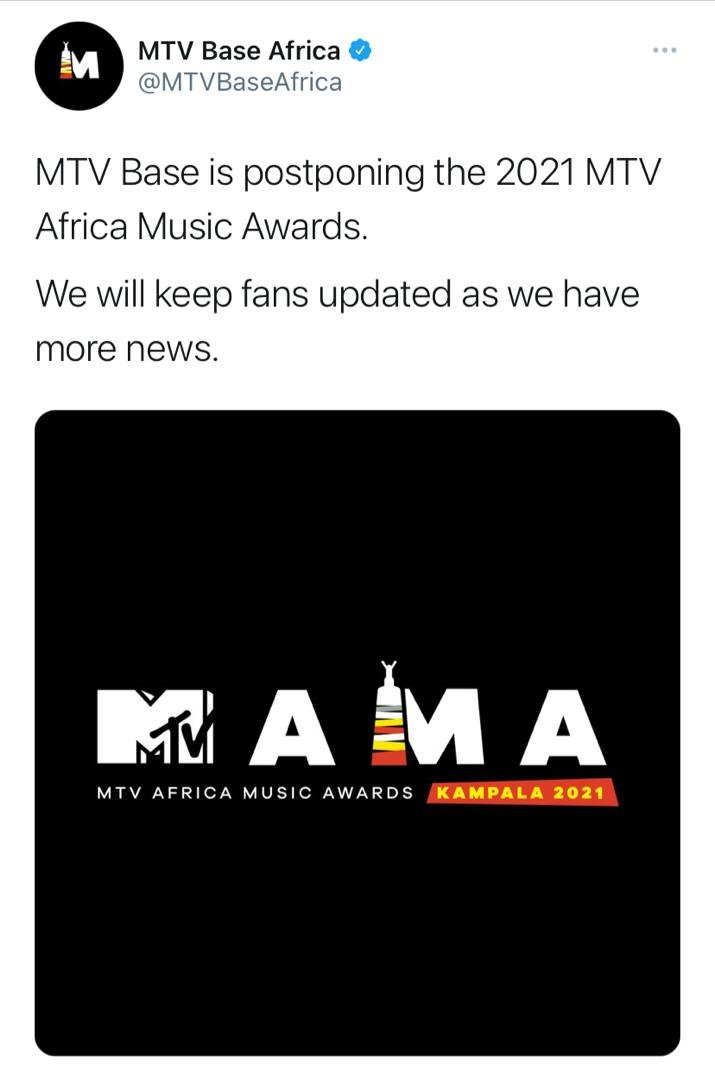By: President of ASEA and Chief Executive Officer, Rwanda Stock Exchange
Africa stands at a turning point. The ASEA 2025 Conference, themed “Adapting to Global Market Shifts: Strategies for Resilience and Growth for African Markets of the Future,” arrives at a time when our continent must rethink how financial systems can better serve its people.
Today, Africa’s capital markets remain relatively underdeveloped compared to their global peers. South Africa’s market capitalization is above 246.3% of GDP, but Nigeria sits near 29%, Kenya at 12%, and Rwanda at 31%. This shows that on the supply side, our businesses are not using the capital market to fund their operations; they either use the traditional banking systems or other means.
On the demand side, the savings story has its own toll. Africa averages only 15–17%, meaning we are under-mobilizing our own capital due to several factors, including widespread poverty and low incomes, in other instances lack of access to formal banking services caused by high costs or distance, but more so limited financial literacy, which mostly exacerbates the lack or limit saving opportunities. In comparison, Asia’s high-growth economies reached savings rates of 30–40% of GDP during their transformation. These gaps for African countries show both the progress in some and the untapped potential of most African markets.
One way of improving the condition is indeed to devise measures that could improve the savings levels at least in the higher 20 percentile, like our Asian brothers and sisters did to achieve their miracle growth rates. However, in the meantime, we could already use even the means we have today because, as we already stand, the challenge is not necessarily lack of resources in aggregate—it is limited access. Asset ownership remains concentrated among a small African elite or foreigners. Yet, Africa’s economy is powered by at least 80% of SMEs in most cases, employing most of the workforce. The real opportunity lies in connecting this entrepreneurial backbone to domestic savings and investments.
A useful illustration comes from Rwanda, where the capital market Investment Clinic is playing a pivotal role in helping local corporates and SMEs raise capital through the stock market in the past few years. Since its inception, the Clinic has supported dozens of companies in preparing for investment readiness which has sparked some excitement on listings, bond issuances, and other market instruments. This has already translated into hundreds of millions of Rwandan francs mobilized, with firms gaining not only access to capital but also improved governance and visibility. By demystifying the listing process, providing technical guidance, and mobilizing investors, the Clinic has shown that even smaller firms can successfully tap into public markets. This model—where companies are coached into capital markets—could be replicated across the continent, giving thousands of African businesses a pathway to growth financed by domestic savings.
Another needle we can move is leveraging technology. Technology offers a breakthrough. Sub-Saharan Africa is home to over 1.1 billion registered mobile money accounts, with more than 500 million active users for example, could be put to good use. Platforms like MoMo pay, Mpesa and the likes across the continent prove that everyday citizens can be brought into the financial system on a large scale. Imagine the same inclusiveness applied to government bonds, equities, and collective investment schemes and linked to the African Diaspora? That is the democratization Africa needs.
There are a few other pointers that could drive the growth and deepen the capital markets to make them more inclusive on the continent. Privatization of public assets by reserving a stake for the public. The push for Privatization of government assets as a key growth strategy could play a catalytic role for IPO pipelines across the markets, as it would pave the way for other private issuers and family-owned businesses to also join as they tend to benchmark with governments.
This would only require a minimum of 1 or 2 privatization IPOs per year or more, depending on the country at hand, and if done well the reinvigorate domestic stock exchanges and make it easier for them to mobilise other private issuers on their own, but hand in hand, it would make our markets achieve the main objective to mirror the underlying economies.
The next one, but equally important, could be that countries have an intentional policy put in place to compel public utility companies (Telcos, Banks, Insurance, Cement, Breweries, Transport, Mining, eligible schools, universities, and hospitals, Power generating and other public utilities) to give a certain percentage of their shareholding to the public through listings. In addition, there should also be a policy to compel a certain size of businesses or a certain number of shareholders, especially those companies doing exports and earn hard currency.
Such a policy would not only increase domestic savings levels but would also promote local ownership of the local economy and thus reduce not only dependency on foreign ownership but, most importantly, it would reduce capital flight due to reduced dividend payouts that get repatriated to foreign shareholders, which puts pressure on the local currencies.
Finally, all regulators should adopt a more developmental approach than policing the markets to make sure we are as a continent more enabling and easing doing business for all players (issuers, market intermediaries, and investors) to allow more players and deepening of the markets before we start over-regulating. Overregulating small and fragmented markets can only stifle instead of developing them.
While I am reflecting on all the above, Sustainability must also be at the center. ESG (Environmental, Social, and Governance) frameworks are no longer optional—they are critical for attracting long-term capital. Global investors are increasingly channeling funds into markets that prioritize transparency, accountability, and environmental resilience. If African markets embed ESG into their structures, they can compete globally while ensuring growth benefits local communities.
Let me pen off here by inviting the readers to stay tuned and those who can register for the upcoming African Securities Exchanges Association (ASEA) Annual Conference due to take place in Kigali from 26th – 28th November 2025. It will be more than a gathering, but a call to action. Leaders, policymakers, and investors must commit to:
Democratizing public assets so that every citizen can own a piece of their economy.
- Expanding savings channels to lift our savings rate closer to the 30% threshold needed for transformation.
- Strengthening capital markets as the center of resilience against global shocks.
- Embedding ESG principles to ensure growth is sustainable and equitable.
- Scaling models like the Investment Clinic, Ibuka, and the likes in other markets to bring SMEs and corporates into the heart of capital markets.
Africa’s future depends on shared vision and values, and most importantly, inclusion for all: No one left behind. A continent of 1.4 billion people cannot afford markets where only a fraction participates. By democratizing capital, mobilizing domestic resources, and prioritizing Sustainability, Africa can ensure that resilience and prosperity are shared by all.
















